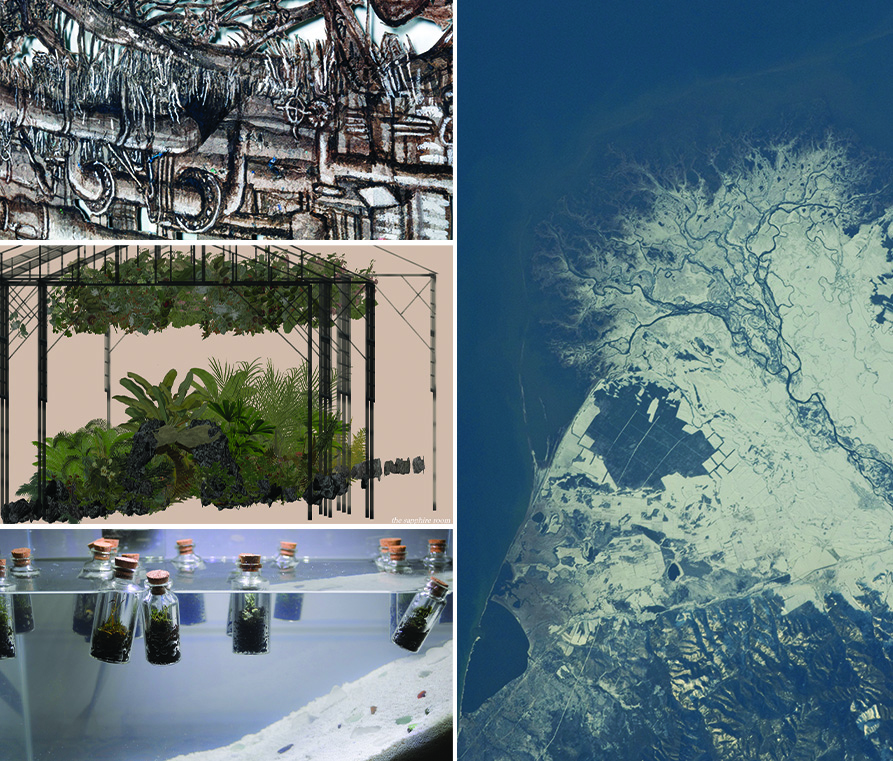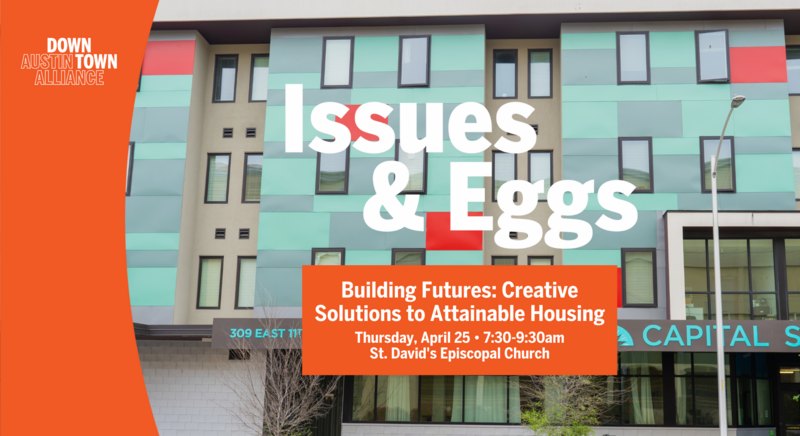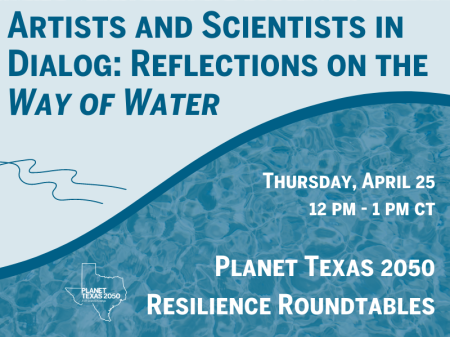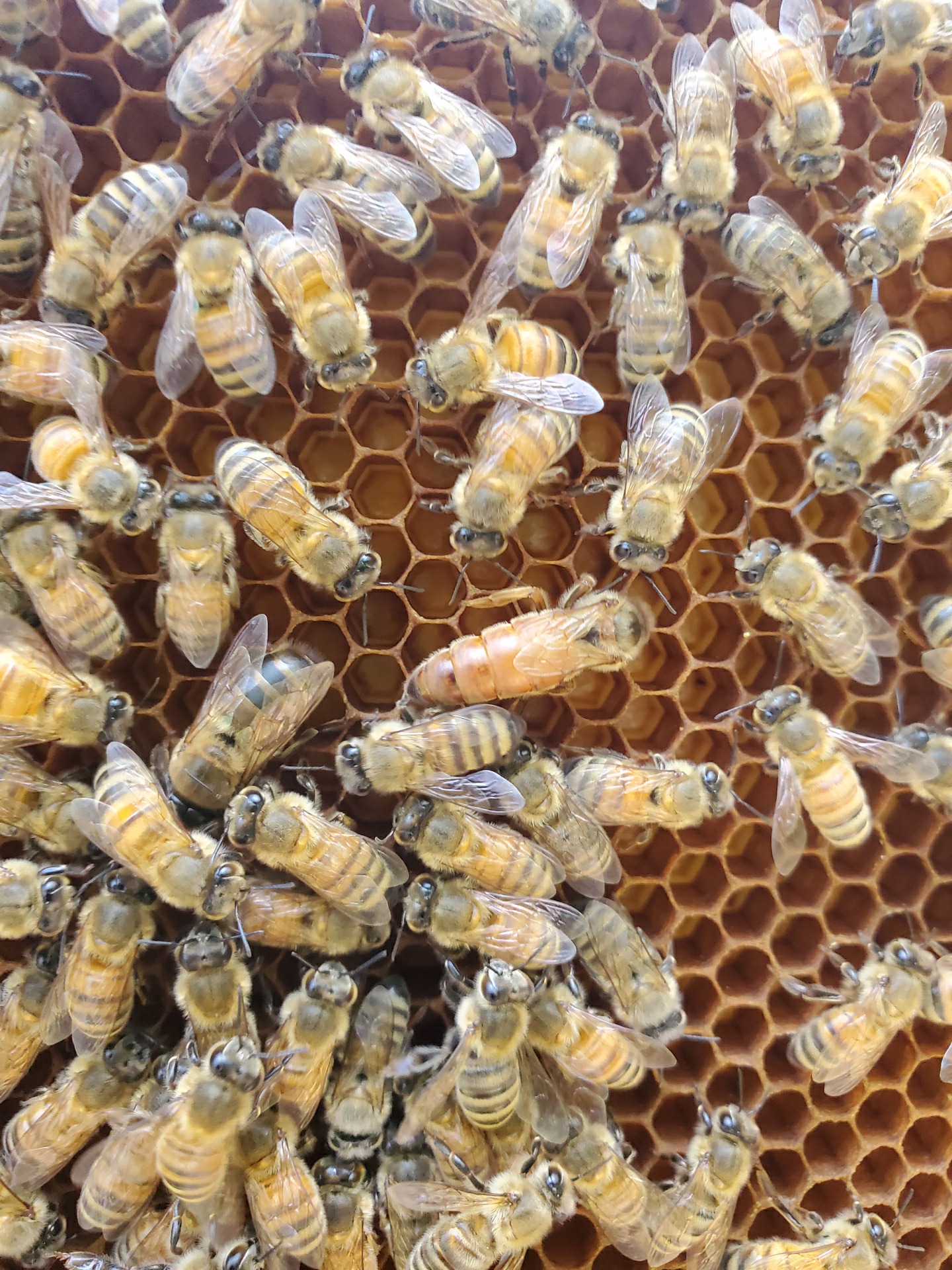
- This event has passed.
Making In Systems
March 23, 2022 @ 6:00 pm - 7:00 pm
How do artists and scientists think about systems, interconnectedness, and networks in similar and different ways? How can artists and scientists collaborate to increase the visibility of ecological systems?
The panelists in Making in Systems visualize, translate, and study systems and networks through living sculpture, recycled materials, coded environments, and hydrology mapping. They materially and conceptually engage with systems of water, historical exploitation of people and landscape, and recycling, as well as the collapse of systems.
Visualizing river networks and systems allows Paola Passalacqua to understand the development and evolution of these landscapes. In Christopher Lin’s Earth to Earth (Dust to Dust), earthworms reconstitute decaying organic material such as currency and symbolic flowers into fertile soil. As the currency is consumed, seeds germinating from this composted material sprout webbed networks of roots hinting at regeneration and regrowth in this visualized future. Everest Pipkin’s Worm Room is a first-person greenhouse exploration game. As you wander through an endless series of glasshouses populated by generative plants sourced from public-domain botanical illustrations, one is faced with the idea that in the future this web-based plant room might be the only way to interact with various species. In Hannah Chalew’s Embodied Emissions, paper made of plastic and sugarcane, with ink made from oak galls and shells, creates a complex image examining the legacies of exploitation of people and landscape from the time of colonization and plantations into our current petrochemical age.
Research, art, knowledge, understanding, and change are all nodes in a complex system.
In this age of environmental collapse, artists and scientists are uniquely capable of harnessing anxiety into data and imagery. Science analyzes systems at their source, disseminating information that artists can filter and reprocess. Data can be remixed, visualized, and translated into sculpture/code/painting to change our awareness of the interconnectedness of systems. Networks theory, for example, is an interdisciplinary tool that can be used to consider a wide range of systems: ecological, biological, coastal, social, and internet. Visualizing patterns helps us understand them.






